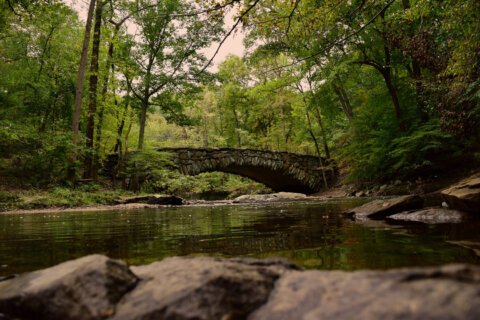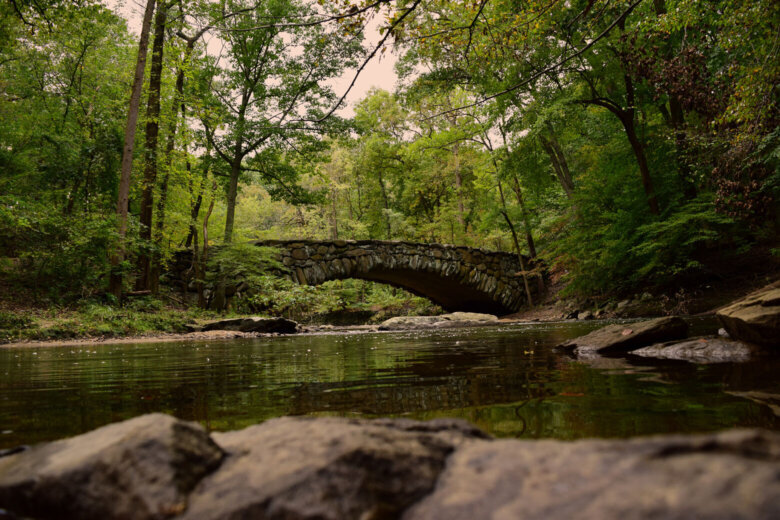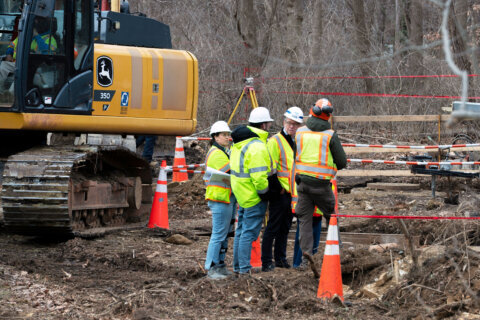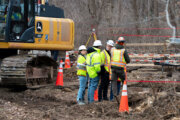
A trip to the park is one of life’s simple pleasures.
For the fourth straight year, D.C.’s park access tops the Trust for Public Land’s Annual ParkScore Index — and the study finds the benefits go beyond having great playgrounds, pickleball courts, dog parks and amphitheaters.
“I think people take for granted when you see green space, and how therapeutic it is,” said Thennie Freeman, director of D.C. Parks and Recreation. “Access to nature is essential to everyone’s happiness.”
The study shows 99% of D.C. residents live within a 10-minute walk of a park. Within the District of Columbia, 24% of the land is reserved for parks, including National Park Service land.
The District scores high in park equity as well.
“Residents of Washington, D.C. neighborhoods where most residents identify as Black, Latino, Indigenous and Native American, or Asian Americans and Pacific Islanders have access to about the same amount of park space as residents of neighborhoods, where most of the population identifies as white,” according to the nonprofit Trust for Public Land.
Freeman said the District has invested — $345 per capita — in creating and maintaining parks for residents with a wide variety of interests.
“Whether it’s a dog park, whether it’s playgrounds, whether it’s the amphitheater named after [go-go music icon] Chuck Brown, where you can have a concert in the park,” Freeman said. “We have skateparks and public pools.”
Arlington, Virginia, ranks No. 5 in the nation, according to the ParkScore index. Baltimore, Maryland, ranks No. 43.
While some use the District’s parks for activities, others seek solace.
“Some people just want to go to the park and sit and absorb nature, because nature can be so therapeutic,” Freeman explained. “People are more lonely than ever, especially post-COVID, so parks are a way people can get some connectivity.”
According to the study, residents of cities ranking in the top quarter of the ParkScore index are 60% more likely to have volunteered in the past 12 months than residents of lower-ranking cities.
In addition, residents of higher-ranking cities are 26% more likely to form friendships with people in different socio-economic groups.
Spending time in nature has been shown to benefit people’s physical and mental health.
“Even if it’s just people-watching, there’s healing, there’s laughter, there’s joy,” said Freeman. “It’s contagious, just to watch people have a good time.”
WTOP’s Dick Uliano contributed to this report.
Get breaking news and daily headlines delivered to your email inbox by signing up here.
© 2024 WTOP. All Rights Reserved. This website is not intended for users located within the European Economic Area.








